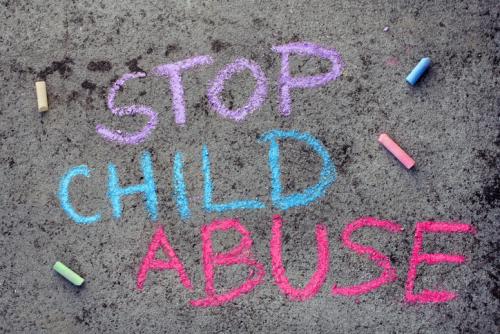 Beginning in the mid-1990s, with my colleague, Benjamin E. Saunders, Ph.D., of the Medical University of South Carolina, and a team of researchers, I conducted an assessment study of family violence and functioning with 530 families from 12 naval bases who had been reported to the US Navy's Family Advocacy Program due to allegations of child sexual abuse, child physical abuse, or intimate partner violence. We interviewed parents (one of whom was a Navy servicemember) and children in a longitudinal study of interventions and outcomes.
Beginning in the mid-1990s, with my colleague, Benjamin E. Saunders, Ph.D., of the Medical University of South Carolina, and a team of researchers, I conducted an assessment study of family violence and functioning with 530 families from 12 naval bases who had been reported to the US Navy's Family Advocacy Program due to allegations of child sexual abuse, child physical abuse, or intimate partner violence. We interviewed parents (one of whom was a Navy servicemember) and children in a longitudinal study of interventions and outcomes. When you subscribe to the blog, we will send you an e-mail when there are new updates on the site so you wouldn't miss them.
Comments